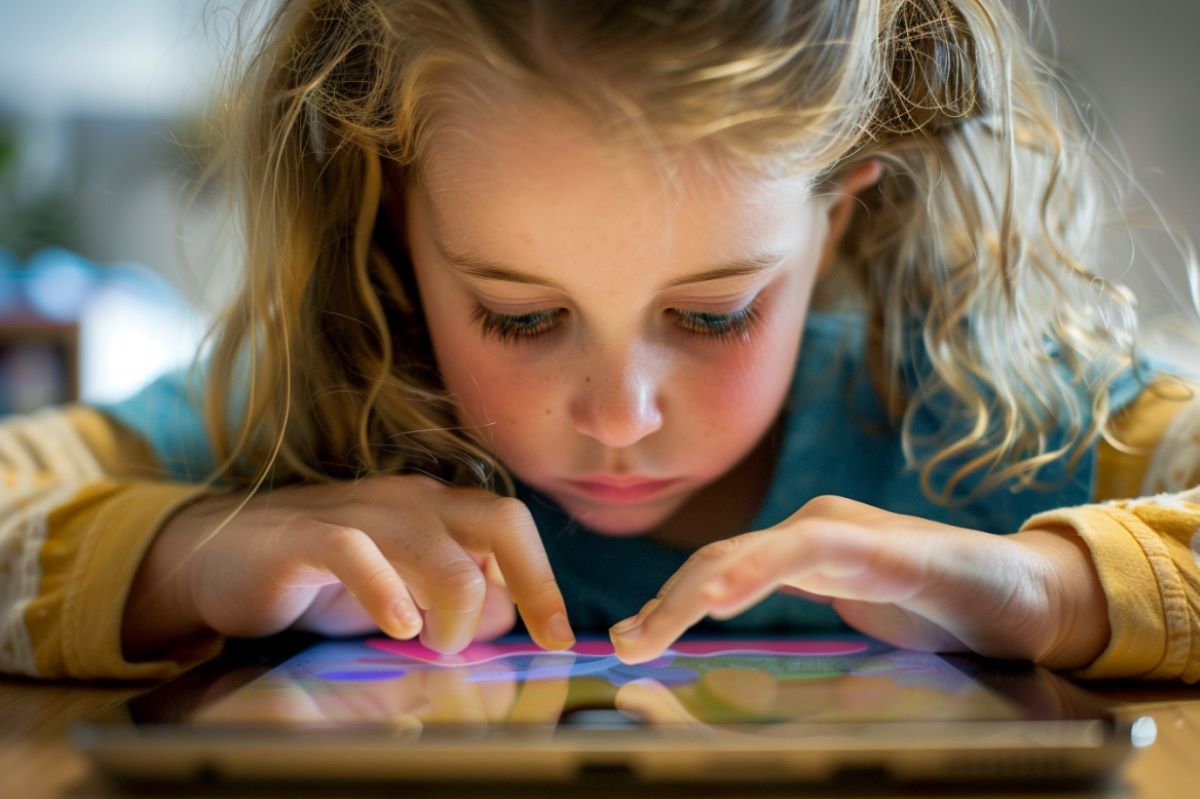
Key Takeaways:
The Impact of Digital Devices on Kids’ Emotional Development
In today’s digital age, children are increasingly exposed to digital devices such as smartphones, tablets, and computers. With easy access to a vast array of digital content, this technology has revolutionized how kids learn, communicate, and entertain themselves. However, recent studies have shed light on a surprising and concerning issue surrounding the impact of digital devices on kids’ emotional development. Are we, as a society, inadvertently sabotaging their future by allowing excessive use of these devices? Let’s explore the effects and implications in greater detail.
The Role of Digital Devices in Kids’ Lives
Before delving into the effects, it’s crucial to understand the role digital devices play in the lives of children and adolescents. From educational apps and interactive games to social media platforms and streaming services, these devices have become an integral part of kids’ daily activities. The convenience and engagement offered by digital devices make them extremely appealing to youngsters, captivating their attention with a myriad of stimuli. As parents, teachers, and guardians, it’s important to recognize the benefits and drawbacks associated with excessive device use.
The Negative Impact on Emotional Wellbeing
While digital devices offer numerous benefits, research suggests a potential negative impact on children’s emotional wellbeing. Excessive screen time has been associated with a higher risk of mental health issues such as anxiety, depression, and poor self-esteem. This can be linked to several factors, including exposure to cyberbullying, unrealistic body standards portrayed on social media, and the addictive nature of certain digital applications. It’s crucial for parents and caregivers to observe the emotional state of their children when using digital devices and to intervene when necessary.
The Diminishing Importance of Face-to-Face Interaction
Another consequence of excessive device use is the diminishing importance of face-to-face interaction. Digital devices can create a captivating and seemingly endless digital world, leading to reduced physical and social interactions. This lack of personal communication not only hinders emotional development but also affects the development of essential social skills. It’s through face-to-face interactions, such as reading facial expressions and body language, that children learn empathy, compassion, and effective communication. However, too much time spent behind screens can impede the development of these crucial skills.
Effects on Cognitive Development and Attention Span
In addition to emotional and social consequences, excessive device use can also impact cognitive development and attention spans. While interactive educational apps can improve certain cognitive skills, prolonged exposure to entertainment-driven content can hamper concentration, critical thinking, and problem-solving abilities. Rapid multitasking between different digital platforms can overstimulate the brain and hinder the development of sustained focus. Moreover, studies have shown a correlation between excessive screen time and lower academic performance, emphasizing the importance of striking a balance between educational screen use and offline learning experiences.
Guiding Children Towards Healthy Device Habits
Though digital devices have their drawbacks, that doesn’t mean they should be completely eliminated from kids’ lives. Instead, it’s crucial to establish healthy device habits and provide guidance to ensure their overall wellbeing.
Set Screen Time Limits
It’s important to set clear screen time limits and establish boundaries for device use. Assign specific time slots for screen-related activities and communicate these rules with children. Setting limits not only promotes a healthier balance between device time and other activities but also instills discipline and time management skills.
Encourage Offline Activities
Encouraging children to engage in offline activities is vital for their emotional and cognitive development. Encourage hobbies such as reading, sports, arts and crafts, or spending quality time with friends and family. By diversifying activities, kids gain new experiences, develop a range of skills, and learn to appreciate the world beyond screens.
Promote Emotional Intelligence
Parents and educators can play a pivotal role in nurturing emotional intelligence in children. Communicate effectively with kids, teaching them to identify and express their emotions. Encourage empathy and teach them to recognize emotions in others. These skills are essential for healthy relationships, resilience, and overall emotional wellbeing.
Frequently Asked Questions
Conclusion
The impact of digital devices on kids’ emotional development is a subject that requires our attention and action. It’s important to strike a balance between the benefits and drawbacks of digital technology, ensuring the healthy growth and emotional well-being of our children. Through establishing healthy device habits, promoting offline activities, and nurturing emotional intelligence, we can guide the younger generation towards a future where they can harness the positives while mitigating the negatives of digital device usage.
Source: insidertechno.com